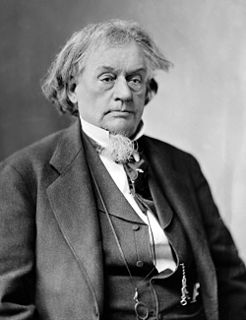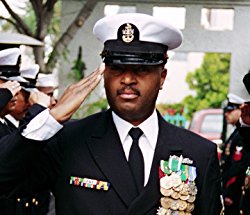A Quote by Robert Toombs
Conflicting commercial regulations of the different States shackled and diminished both foreign and domestic trade; hence the power to regulate commerce was conferred.
Related Quotes
The defect of power in the existing confederacy, to regulate the commerce between its several members is in the number of those which have been clearly pointed out by experience . . . . A very material object of this power was the relief of the States which import and export through other States from the improper contributions levied on them by the latter.
From the accession of Henry the Seventh to the breaking out of the civil wars, England enjoyed much greater exemption from war, foreign and domestic, than for a long period before, and during the controversy between the houses of York and Lancaster. These years of peace were favorable to commerce and the arts. Commerce and the arts augmented general and individual knowledge; and knowledge is the only fountain, both of the love and the principles of human liberty.
For the power given to Congress by the Constitution does not extend to the internal regulation of the commerce of a State (that is to say, of the commerce between citizen and citizen,) which remain exclusively with its own legislature; but to its external commerce only, that is to say, its commerce with another State, or with foreign nations, or with the Indian tribes.
Though foreign loans are indispensable for the emancipation of the rising capitalist states, they are yet the surest ties by which the old capitalist states maintain their influence, exercise financial control, and exert pressure on the customs, foreign and commercial policy of the young capitalist states.
The commerce of a free people is many times more valuable than that of slaves. Freemen produce and consume vastly more than slaves. They have therefore more to buy and more to sell. Hence the free states have a direct pecuniary interest in the civil freedom of all the other states. Commerce between free and slave states is not reciprocal or equal.
The principal purposes to be answered by union are these the common defense of the members; the preservation of the public peace as well against internal convulsions as external attacks; the regulation of commerce with other nations and between the States; the superintendence of our intercourse, political and commercial, with foreign countries.
I see,... and with the deepest affliction, the rapid strides with which the federal branch of our government is advancing towards the usurpation of all the rights reserved to the States, and the consolidation in itself of all powers, foreign and domestic; and that, too, by constructions which, if legitimate, leave no limits to their power... It is but too evident that the three ruling branches of [the Federal government] are in combination to strip their colleagues, the State authorities, of the powers reserved by them, and to exercise themselves all functions foreign and domestic.
The Transatlantic and Transpacific Trade and Investment Partnerships have nothing to do with free trade. 'Free trade' is used as a disguise to hide the power these agreements give to corporations to use lawsuits to overturn sovereign laws of nations that regulate pollution, food safety, GMOs, and minimum wages.
The Spirit of Enterprise, which characterizes the commercial part of America, has left no occasion of displaying itself unimproved. It is not at all probable that this unbridled spirit would pay much respect to those regulations of trade by which particular States might endeavor to secure exclusive benefits to their own citizens.






























